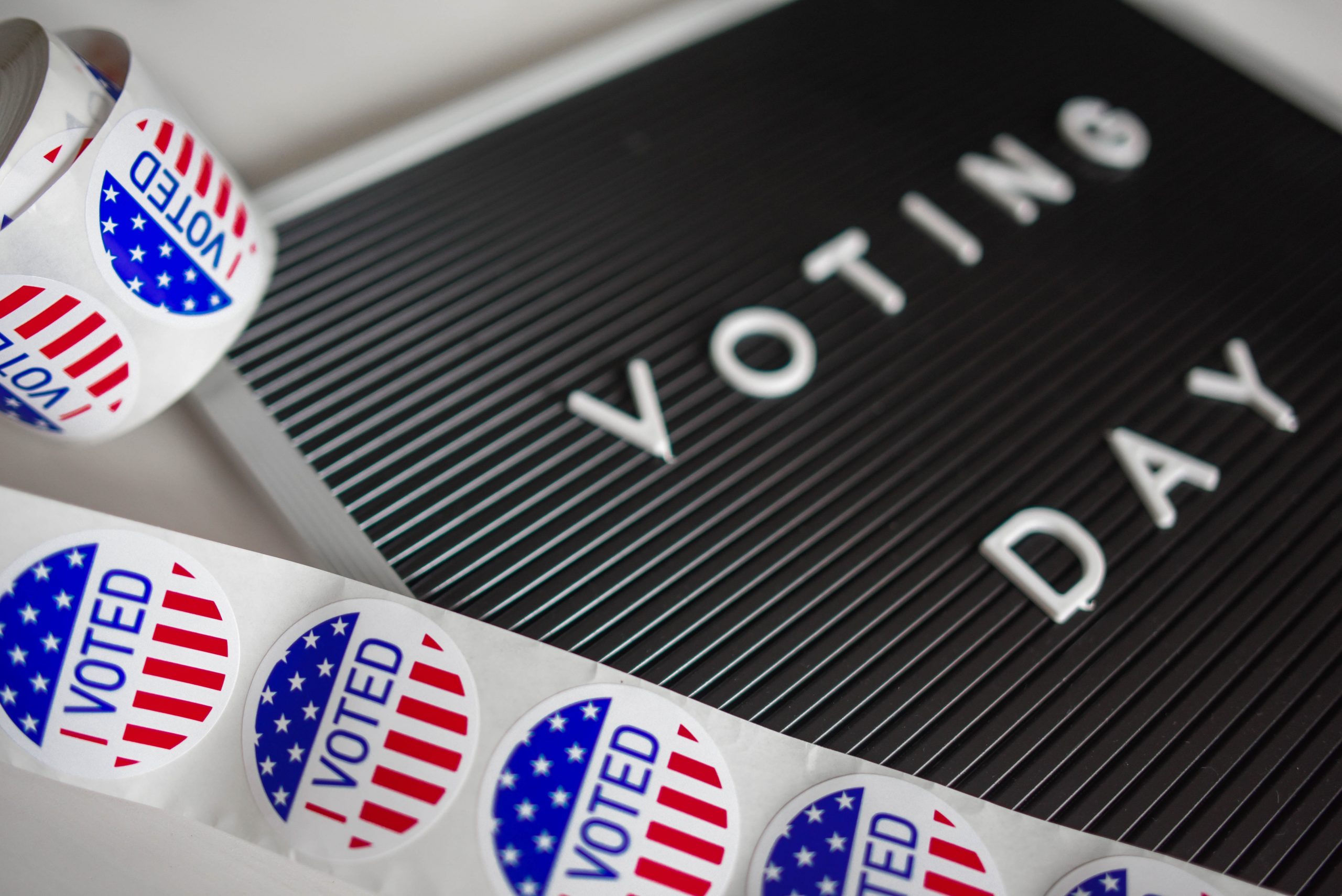By Aasim Yahya
Numbers can be misleading — especially polls. In the week prior to the 2016 presidential election, six national polls had Hillary Clinton winning by a margin of four or more points (yes, even Fox News). Pundits shaped the media narrative as a barrier breaking victory, late night comedy poked at Donald Trump’s lack of electability and political correctness, and Obama bluntly assured concerned Americans, “Trump won’t be president”.[1] [2]
So, were the polls wrong? The national polls used to predict the outcome of the 2016 presidential election were tools to gauge public opinion, and subsequently the popular vote. When examining the data from the election, Clinton won the popular vote by a margin of 2 points (roughly three million voters) — a statistic which reveals that the six national polls were not wrong. [1]
So, were they misleading? Most definitely. In American democracy, the popular vote is the measure of victory in local, state, and even Congressional races. Yet, when it comes to electing the most powerful individual in the nation (and arguably the world), we rely on a uniquely fragmented and archaic system that circumnavigates the very concept of democracy. An electoral system that places value in the vote of someone from Florida or Pennsylvania, while counting off voters in California or Alabama. The electoral college is destroying democracy, and we need to stop it.
To put its destructiveness into perspective, calculations from the 2016 presidential election found that if Clinton switched 53,650 voters in just the right proportions across the right states (Pennsylvania, Arizona, Wisconsin, Alaska, Montana, New Hampshire, and Michigan), she would have been the first female in the Oval Office. [3]
Before I continue with my argument to abolish the electoral college, I want to emphasize that my academic diatrible is not fueled by political bitterness. While you will never see me proudly sporting a “Make America Great Again” cap (made in China), I was not thrilled with the establishment alternative that was Hillary Clinton. This plea is rooted in the need for electoral justice. Using the electoral college has allowed us to destroy public opinion, and subsequently provide not popularly elected individuals with a mandate to serve all Americans.
Gutting institutions that were a part of our American foundations can be categorized as “revolutionary”, a term which has been politicized to make Americans think instantly of chaos. However, it may be ignorant of us to operate a democracy with rules that were created in a time fundamentally different from the present. Would you be able to play Monopoly, using the rules of Battleship?
So, what is the solution? The fight to abolish the electoral college is linked to a greater movement for electoral justice. Therefore the solution is two-pronged. The first prong is to eliminate the electoral college. In the place of this fragmented system, we need to move to simple, direct elections such as with races for the U.S. Senate. In such a system, the individual who achieves the highest vote count is the winner. This would ensure that everyone’s vote is valued equally and the candidate who wins has a real mandate to serve on behalf of all Americans. That is what democracy looks like.
If you still think removing the electoral college is too radical and replacing it with a popular vote will result in chaos, I invite you to look beyond the confines of our border. According to FairVote, out of 28 of the freest presidential democracies in the world, 21 of them require the president to win a majority of the vote. Out of the 7 others, 6 of them require a candidate to win the most votes (not a majority, but rather a plurality). The remaining country, the United States, is the only free presidential democracy in the world where the candidate who does not win the most votes can be elected. So much for fitting in. [4]
The second part of electoral justice is to move the election process to the federal level. Giving power to the federal government to run elections allows for a streamlined process in which they can conduct independent nonpartisan oversight. Oversight has become increasingly important in the wake of voter restriction laws that have disproportionately affected people of color. In order to push back against such laws, and prevent states from cricivumnaviagting the shift to a popular vote, elections must be in the hands of the federal government.
The movement has begun and it is not too late to take part. If you want to join the two million Americans who believe it is time for a change, you can sign up here: https://actionnetwork.org/petitions/sign-the-petition-abolish-the-electoral-college?clear_id=true &referrer=email_325458&source=widget
References
- “2016 Presidential Race.” RealClearPolitics, www.realclearpolitics.com/epolls/2016/president/2016_presidential_race.html
- “Obama: Donald Trump Won’t Be President.” CSBN, 16 Feb. 2016, www.youtube.com/watch?v=YIdvEUxCN5o
- “Presidential Elections around the World.” FairVote, www.fairvote.org/research_electoralsystemspresidentialelections
- Hoffa, Felipe. “Hillary Clinton Only Needed to Switch 53,650 Voters to Win.” Medium, 15 Nov. 2016, medium.com/@hoffa/hillary-only-needed-to-switch-53-650-voters-to-win-94940ff263b7






Be First to Comment